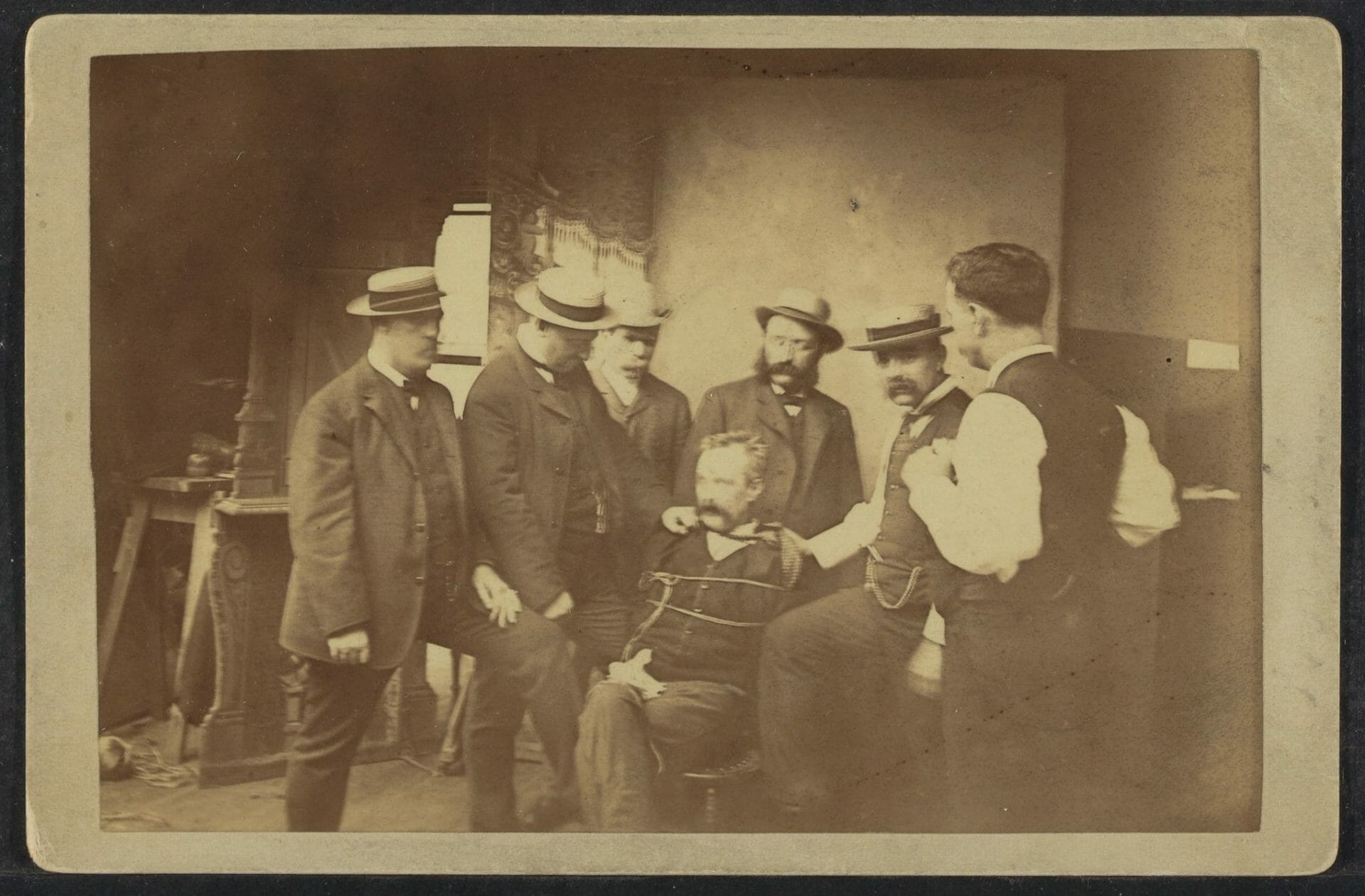By Dr Lucy Jane Sussex
The term ‘Victorian values’ reappears every now and then in twenty-first century media. Usually, it is politically charged, signifying a nostalgia for better days, to be found in the long nineteenth century (1790-1914). Here be, like dragons, the virtues of hard work, morality, piety, and none of this new-fangled debauchery.

Not a bit of it. As more and more material from the era is digitised, emerging from the archives, becoming readily available, the other side of the Victorians is exposed. Nowhere is this more startling than in crime and justice records, ranging from law reports to sermons and popular murder ballads.

“Queensland Police Gazette.” Queensland Police Gazette 2 Nov. 1870: [93]. Crime, Punishment, and Popular Culture 1790-1920
Take opiates, which were easily available, and cheaply, from the nearest drug stores. They could be found in mixtures to pacify babies, and patent medicines. In my family was told the story of a teetotal great-great-aunt, devoted to her patent medicine…until she was told what was in it: laudanum (tincture of opium) and alcohol.

Absence of contraception meant inevitable large families for most of the era. As soon as contraceptives became available and reliable, the birthrate dropped. Archaeological exploration at a former Melbourne red-light district revealed a rare find: the remains of pessaries.

For those in desperate straits there were last-ditch measures like baby-dropping (abandonment). Worst of all for a modern sensibility were the high rates of infanticide. I once went through a year’s worth of Victorian death records, in the unidentified category, bodies found, forever unknown. The largest percentage were under the age of one.

For the murder of adults, if simple violence was out, then poisons were almost as available as opiates and grog. ‘Rough on Rats’ was also rough on humans. Metta Victor, who wrote the first American detective novel, The Dead Letter (1866) also published a book on household hints. It included antidotes to poisons found easily in the home, such as the arsenic in wallpaper.

If the Victorians had great appetites for alcohol, drugs and sex, then they similarly had an appetite for reform. The century began with the early moves to abolish slavery, and ended with the first female suffrage. In these political and legal advances we see their real legacy, the value of the Victorians.
The past is a different country, certainly, but they do not seem so very different there.
Are you interested in digging deeper into “Victorian Values”? You can request an institutional trial of Crime, Punishment, and Popular Culture, 1790-1920 by emailing [email protected]
Lucy Sussex was born in New Zealand. She works across genres, with particular interests in women’s lives, crime and Victoriana. Her award-winning fiction includes the novel, The Scarlet Rider (1996). She has five short story collections, including Matilda Told Such Dreadful Lies (a best of). Her latest project is Blockbuster!: Fergus Hume and The Mystery of a Hansom Cab (Text, 2015). It won the Victorian Community History Award.

